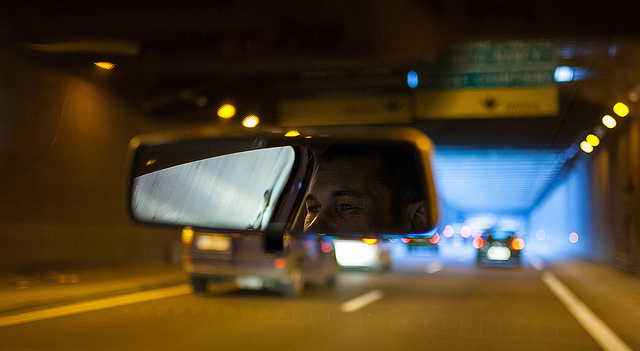The District Department of Transportation (DDOT) announced that it is partnering with San Francisco-based curbFlow, a company that curates a curbside management system to collect data and share it through an app.
What's new with our curbside pickup-dropoff program? We are working with @curbflow to research and analyze the demand at nine locations where commercial loading and pickup/dropoff often lead to double parking and other dangerous behavior. #VisionZeroDC
🔗https://t.co/2hDuXsioyh pic.twitter.com/xJI61zZGqf
— DDOT DC (@DDOTDC) June 24, 2019
DDOT launched a curbside pickup-dropoff (PUDO) program in October 2017 to improve the safety of pickup and dropoff activity for passengers throughout the District. The goal of the program is to eventually regulate and designate space on the curb for PUDO activity.
Starting August 1, curbFlow will pilot its curbside management system at nine locations in D.C. During the pilot, parking will be removed for 12 weeks at these locations to create curbFlow loading zones for commercial activities, a press release states. The loading zones will only be used by commercial and private vehicles who are operating in ways like picking up a food delivery or other online delivery services. Participants will use a free app for curbFlow data and local commercial operators may register to be a part of the pilot.
The nine locations are:
- 1200 block of 1st Street SE
- 1200 block of H Street NE
- 400 block of 8th Street SE
- 1100 block of 4th Street SW
- 300 block of Tingey Street SE
- 200 block of 3rd Street SE
- 700 block of Maine Ave. SW
- 1400 block of 20th St NW
- 1000 Block of Wisconsin Ave NW near M Street NW
“DDOT is continually exploring innovative ways to address safety on our streets, and reduce traffic congestion,” DDOT Director Jeff Marootian said in a statement. “By exploring new curbside management options through this partnership with curbFlow, DDOT is able to keep traffic flowing, maximize efficiency of our curbside space, and make data-driven decisions about next steps.”
At each zone, curbFlow staff will be present to collect data and see if the app is working effectively. The company will collect data to assess safety, utilization, productivity and equitable access. Once the 12-week pilot concludes, DDOT will evaluate the data to formulate citywide curb usage policies.
“We’re excited to work with DDOT in using data-driven solutions to reduce double parking traffic, help make our streets safer and more sustainable, while making sure merchants get their goods delivered in a timely manner,” Ali Vahabzadeh, founder and CEO of curbFlow, said in the press release.
Before you go...
Please consider supporting Technical.ly to keep our independent journalism strong. Unlike most business-focused media outlets, we don’t have a paywall. Instead, we count on your personal and organizational support.
Join our growing Slack community
Join 5,000 tech professionals and entrepreneurs in our community Slack today!

The person charged in the UnitedHealthcare CEO shooting had a ton of tech connections

From rejection to innovation: How I built a tool to beat AI hiring algorithms at their own game

Where are the country’s most vibrant tech and startup communities?


